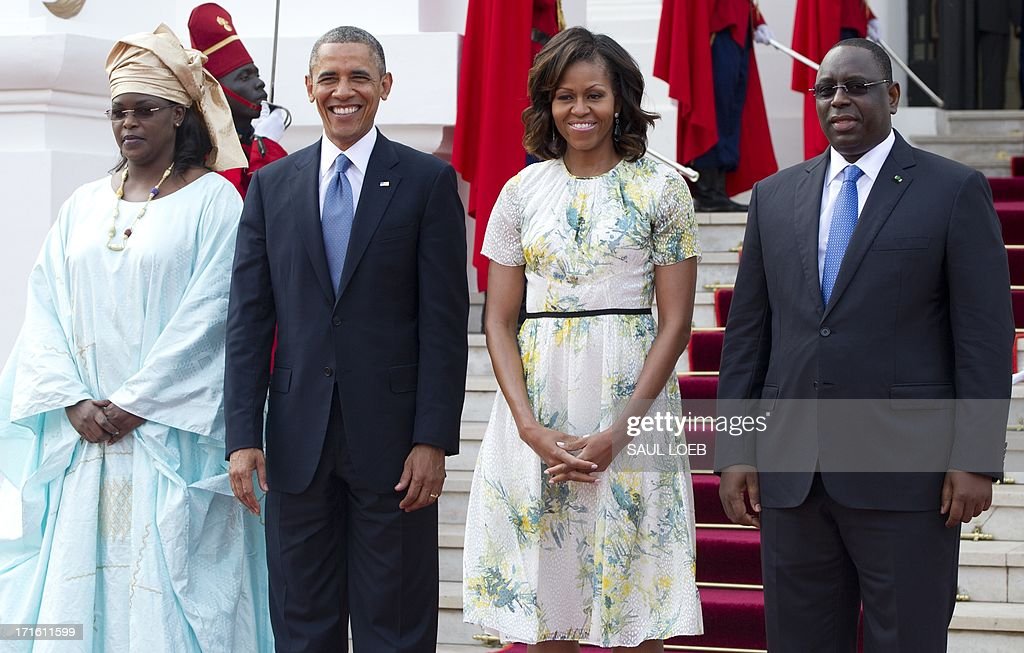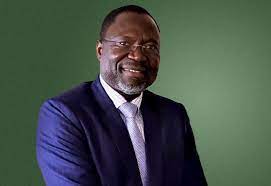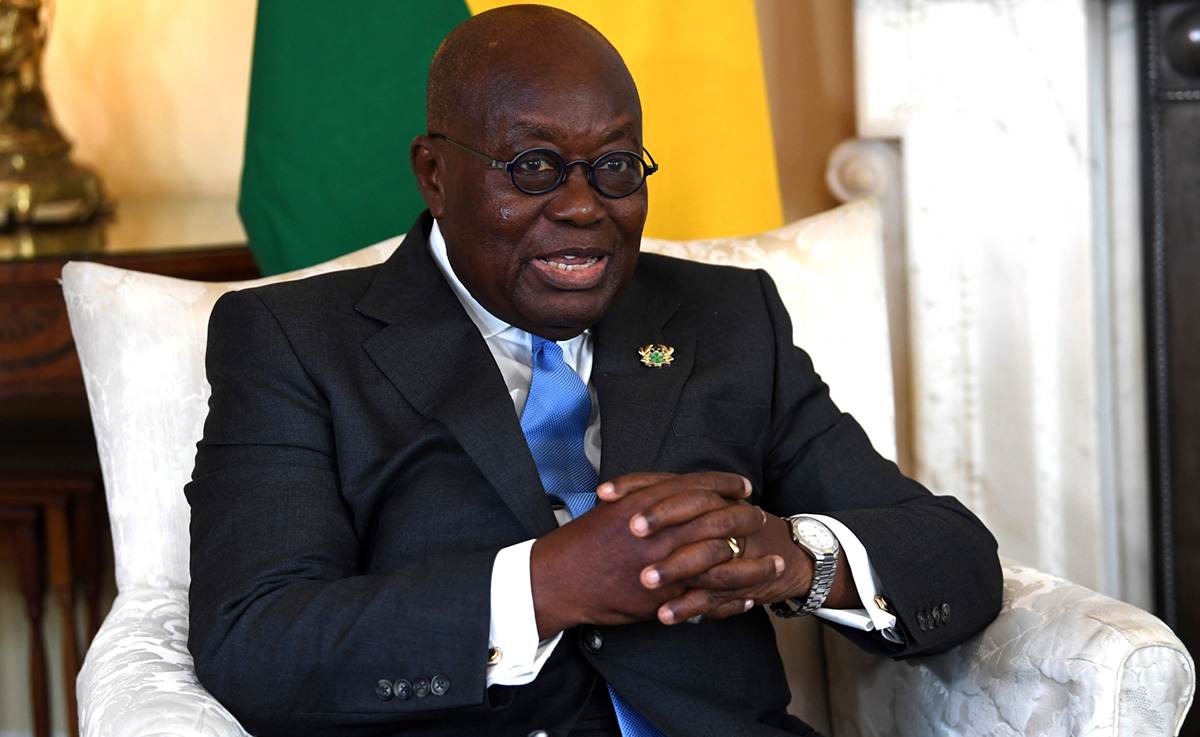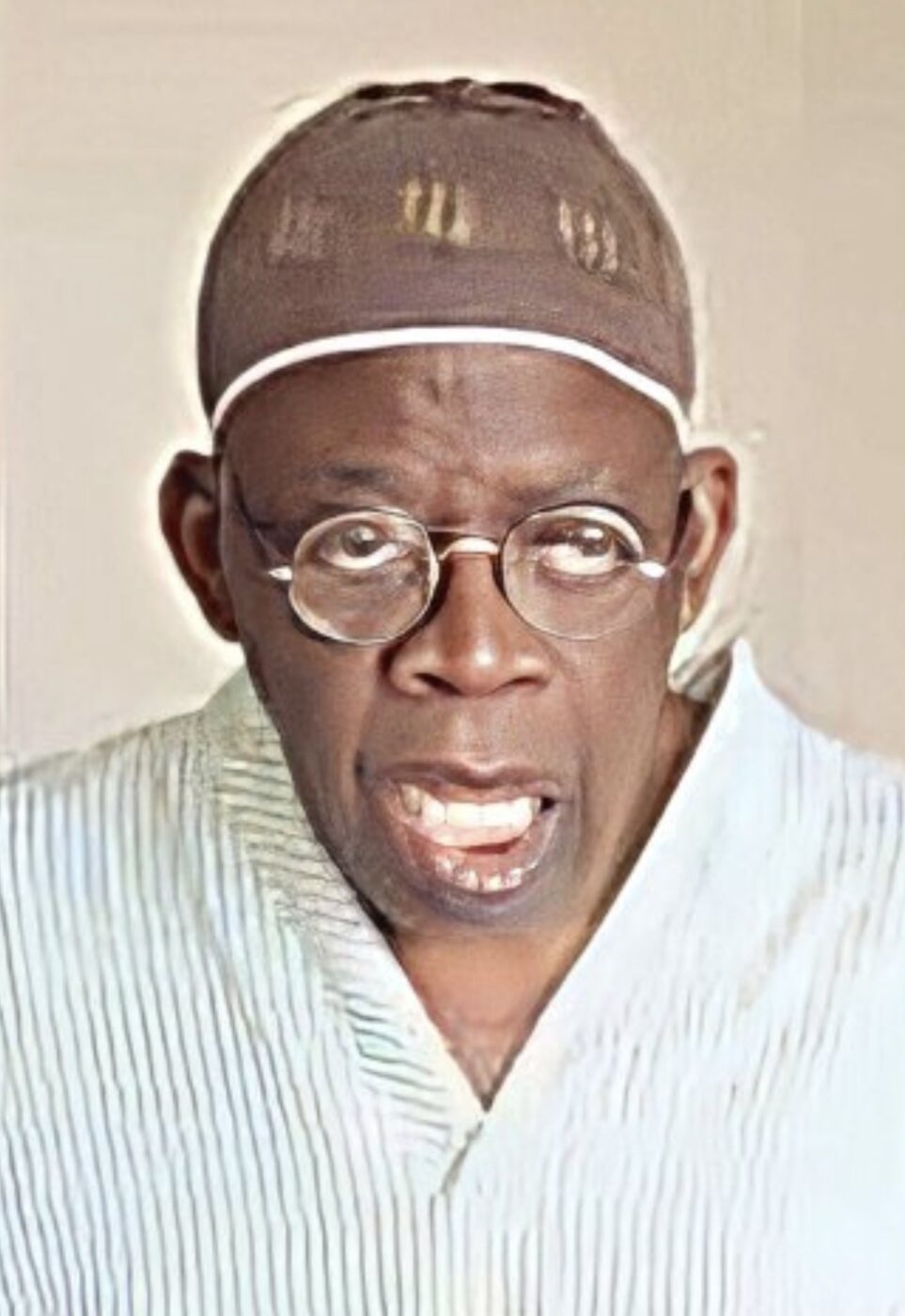August 10, 2023 – In a swift and calculated move, a military junta orchestrated a bloodless coup in Niger, sending shockwaves through the international community. The junta, led by General Abdourahamane Tchiani, officially declared a new government on August 10, following their successful seizure of power on July 26. The democratically elected President of Niger, Mohamed Bazoum, was ousted from his position and reportedly detained within his own palace.
The Coup Africans In Niger Love
The coup has sparked a complex web of reactions, highlighting the delicate balance of regional power dynamics and international interests. While the junta claims to have garnered significant support from the local population, this development has not been without its controversies and geopolitical implications.
Notably, the coup has drawn a clear divide between the aspirations of the Nigerien people and the interests of foreign powers, most notably France. Niger plays a crucial role in supplying uranium and other valuable resources to France, a dependency that has come under threat with the recent political upheaval. France, facing limitations on direct intervention due to sensitivities surrounding military involvement on African soil, has sought alternative means to safeguard its interests.
France Is Ready To Use ECOWAS To Kill For Resources
In response, France has engaged in diplomatic efforts and collaborations, notably with the Economic Community of West African States (ECOWAS). ECOWAS, led by Nigerian President Tinubu, has taken a firm stance against the junta’s actions. President Tinubu issued a stern warning that if President Bazoum was not reinstated within a week, ECOWAS forces would intervene militarily.
This ultimatum has added another layer of complexity to an already intricate situation. The junta, unfazed by international pressure and seemingly resistant to diplomatic resolutions, has further fueled tensions by dismissing ECOWAS’ demands. The global community’s response to ECOWAS’ proposed intervention has been mixed, with significant voices expressing concern over the potential consequences of an armed conflict on the stability of the West African region.
Opposition To Invading Niger
A groundswell of public sentiment has emerged in international support of the junta, particularly against perceived foreign exploitation of African nations. Critics argue that any external intervention in Niger, even if driven by ostensibly noble intentions, could have far-reaching destabilizing effects on neighboring countries and the broader region.
In the city of Kano, Northern Nigeria, a region that shares a border with Niger, thousands came out to pretest against military intervention in Niger, and to oppose American, and France imperialism. pic.twitter.com/LtDO3ZQ7Kt
— CECIL (@cecild84) August 12, 2023
Even within Nigeria itself, opposition to ECOWAS’ military intervention has gained momentum. Critics of the organization suggest that ECOWAS is at risk of being perceived as an imperialistic force, prioritizing the interests of Western nations over the well-being of African populations.
As tensions escalate and the international community grapples with a multi-faceted crisis, one thing remains clear: the situation in Niger demands a nuanced and strategic approach. While ECOWAS remains resolute in its stance, questions persist about the potential consequences of a military intervention and whether it truly aligns with the best interests of the African continent.
ECOWAS Is Set To Establish Itself As A Terroist Organization
As the standoff between ECOWAS and the Nigerien junta continues, critics have increasingly drawn parallels between the organization’s strong-arm tactics and those of a terrorist group. The ultimatum issued by ECOWAS, threatening military intervention unless the junta restores President Bazoum within a week, raises legitimate concerns about the organization’s approach.
The show is about to start 🛫 pic.twitter.com/JWWSV5eGy8
— KOIKIMEDIA (@KoikiMedia) August 10, 2023
Furthermore, the allegations of ECOWAS acting as a puppet for Western interests have grown louder. While ECOWAS asserts its commitment to the people of West Africa, its actions in this crisis have led some to question whether it is merely advancing the agenda of external powers, rather than genuinely championing the well-being of the African populace.
In the coming days, the world watches with bated breath, hoping that wisdom prevails, and a peaceful resolution is achieved for the sake of Niger, West Africa, and the broader principles of justice, stability, and self-determination. The spotlight is on ECOWAS, and its choices moving forward will undoubtedly define its place in the annals of history, and below are the main faces that have spoken in full support of a bloody intervention.
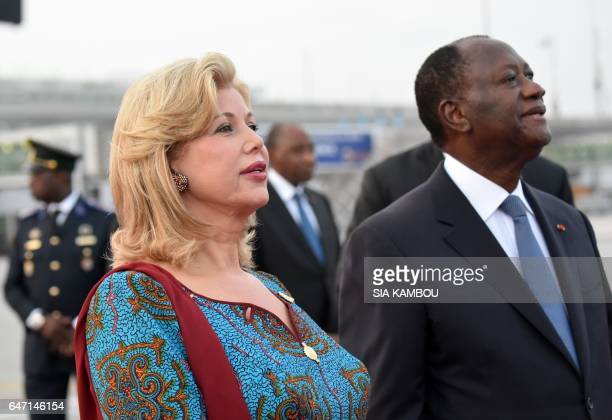
The king, accompanied by Prince Moulay Ismail, is on a working visit to Ivory Coast before heading to Ghana, Zambia and Guinea. / AFP PHOTO / Sia KAMBOU (Photo credit should read SIA KAMBOU/AFP via Getty Images)
